Author Lizzie Stark joins us to discuss the history and culture of eggs – from world cuisine to motherhood – and how we’re still awed by such a humble object.
Read more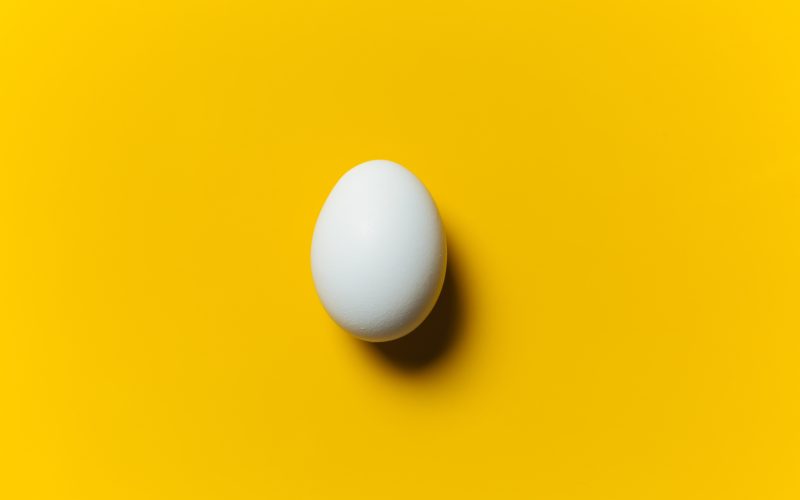


Author Lizzie Stark joins us to discuss the history and culture of eggs – from world cuisine to motherhood – and how we’re still awed by such a humble object.
Read more
Science journalist Diana Kwon joins us to discuss promising new research on mice that demonstrates healing through brain stimulation and the lessons scientists are hoping will translate to human patients.
Read more
Ben Alderson-Day, an associate professor of psychology, joins us to discuss the psychology and neuroscience of feeling watched or hearing voices as he tries to unravel a phenomenon felt by people the world over.
Read more
Meredith Broussard, an associate professor of journalism at NYU, discusses why net neutrality is a myth, the racism and ableism built into systems, and why A.I. needs more diverse human role models.
Read more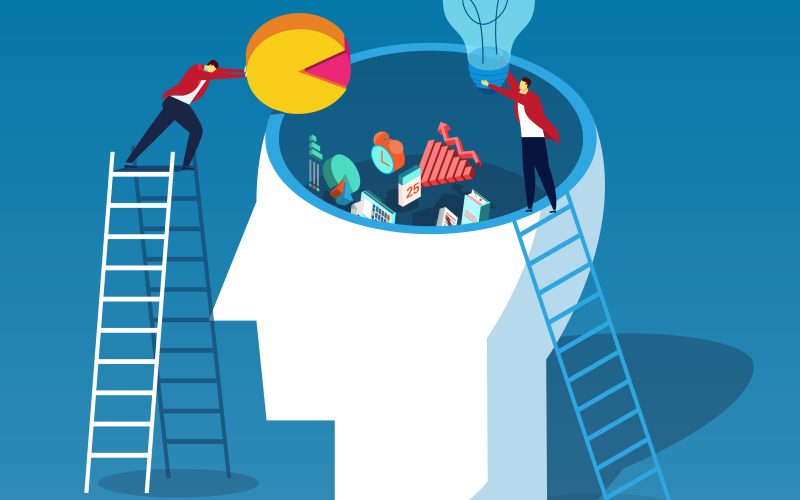
Andrew E. Budson discusses his work studying memory, how to control what you remember and how diet plays into this ability.
Read more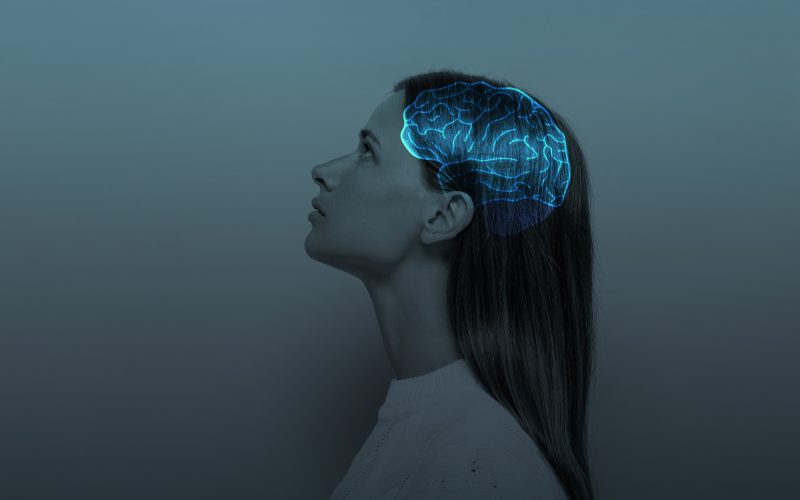
Dhruv Khullar, a physician and assistant professor at Weill Cornell Medical College, discusses the shortage in the mental health field and the development of predictive algorithms to spot suicidal triggers.
Read more
Washington Post reporter Gerrit De Vynck joins us to break down issues with this new tech tool.
Read more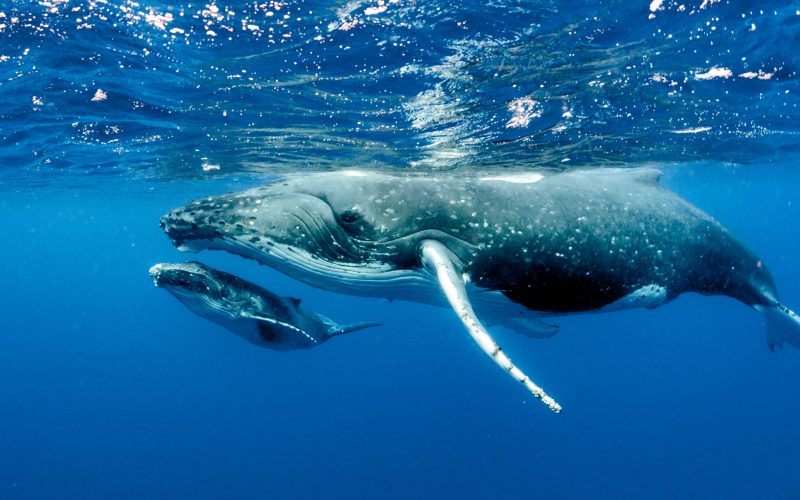
Biologist Tom Mustill talks about his deep dive into how scientists are trying to decode the “words” of whales and the potential consequences of human-whale interactions.
Read more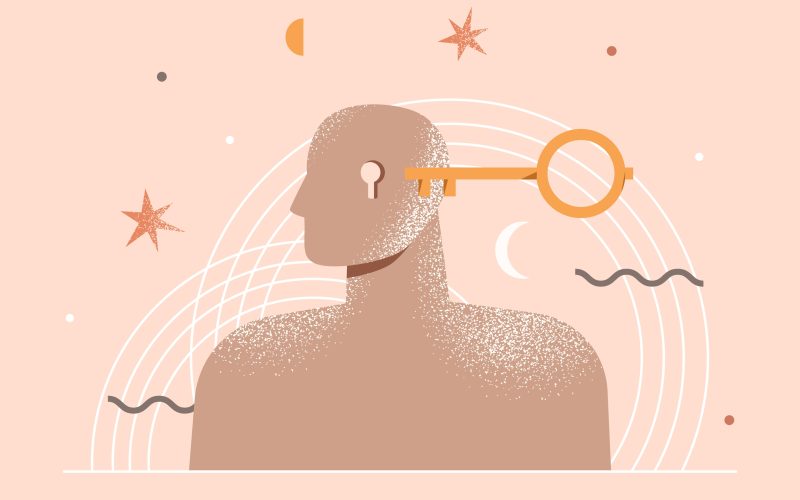
Paul Bloom, a psychology professor at the University of Toronto and Yale University, discusses the science of the mind, from nature vs. nurture, to what these insights can tell us about the most hot-button topics of our time.
Read more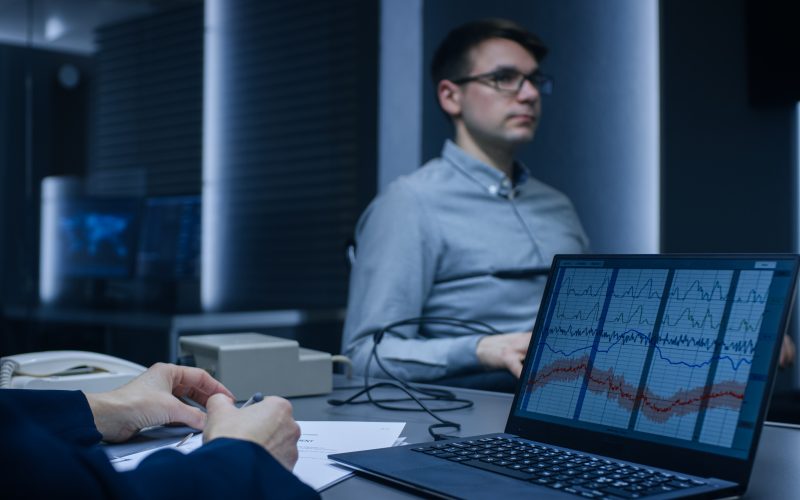
Writer and director Rob Rapley joins us to discuss the invention of what is known as the lie detector test, its uses and abuses, and how it’s used today.
Read more
Christopher Cox from New York magazine discusses the risks Musk is taking as Tesla develops self-driving technology and what his management approach means for the rest of us.
Read more
Researcher Alexandra Horowitz talks with us about her observations of her own puppy, Quid, and the major milestones dogs make in the first year of their lives.
Read more